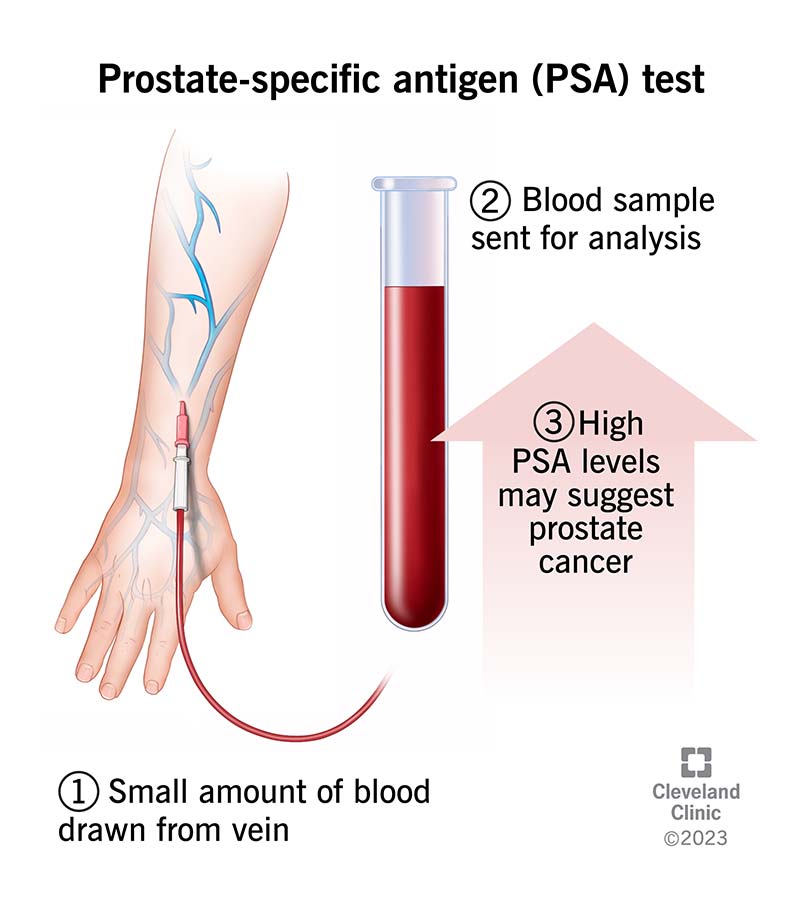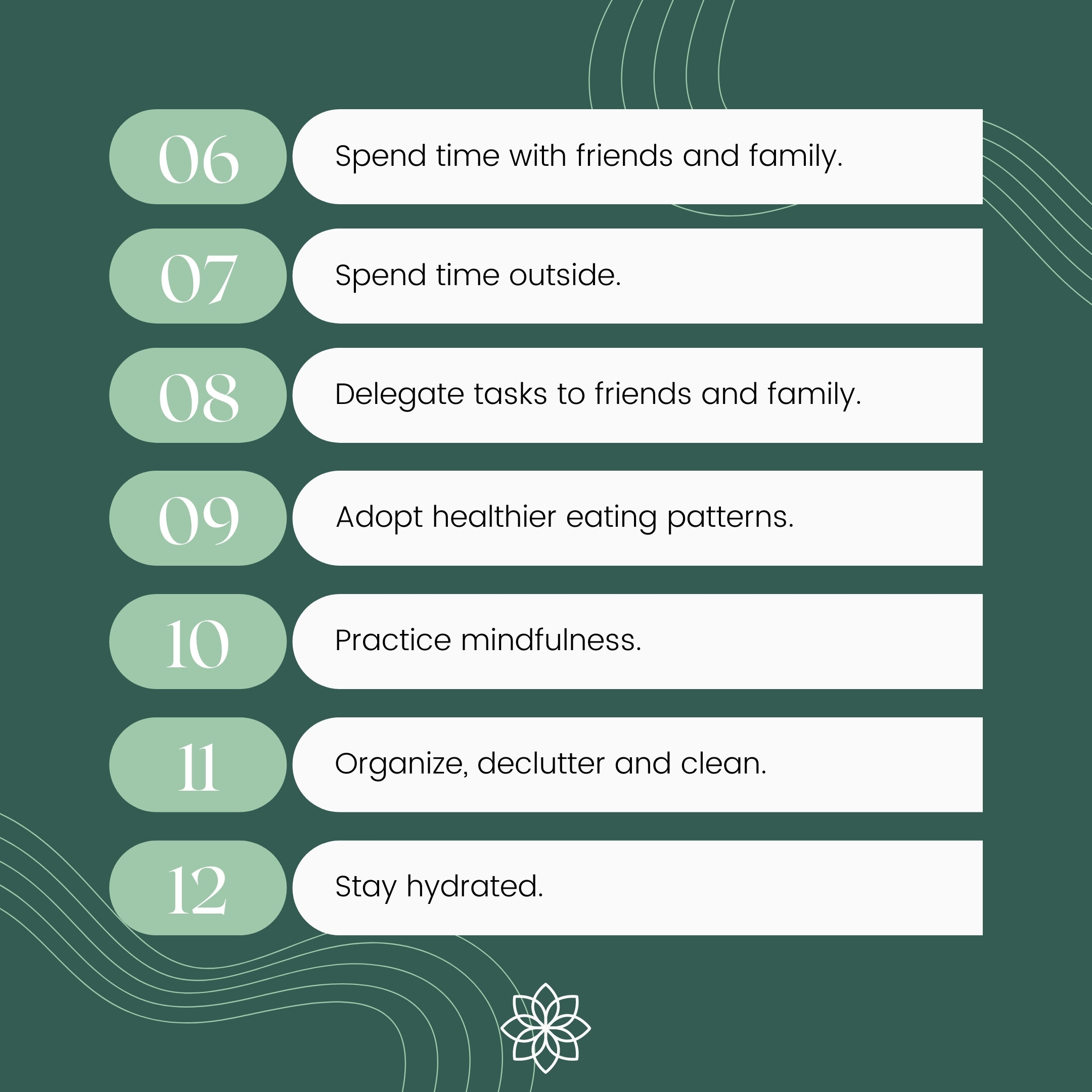Important Health Tests to Get After 45

Important Health Tests to Get After 45
As we navigate the journey of middle age, maintaining good health becomes increasingly important. For individuals aged 45 to 55, regular health screenings are crucial for early detection and prevention of various diseases. This article will guide you through the essential health tests you should consider after turning 45, focusing on practical advice and lifestyle adjustments to enhance your well-being.
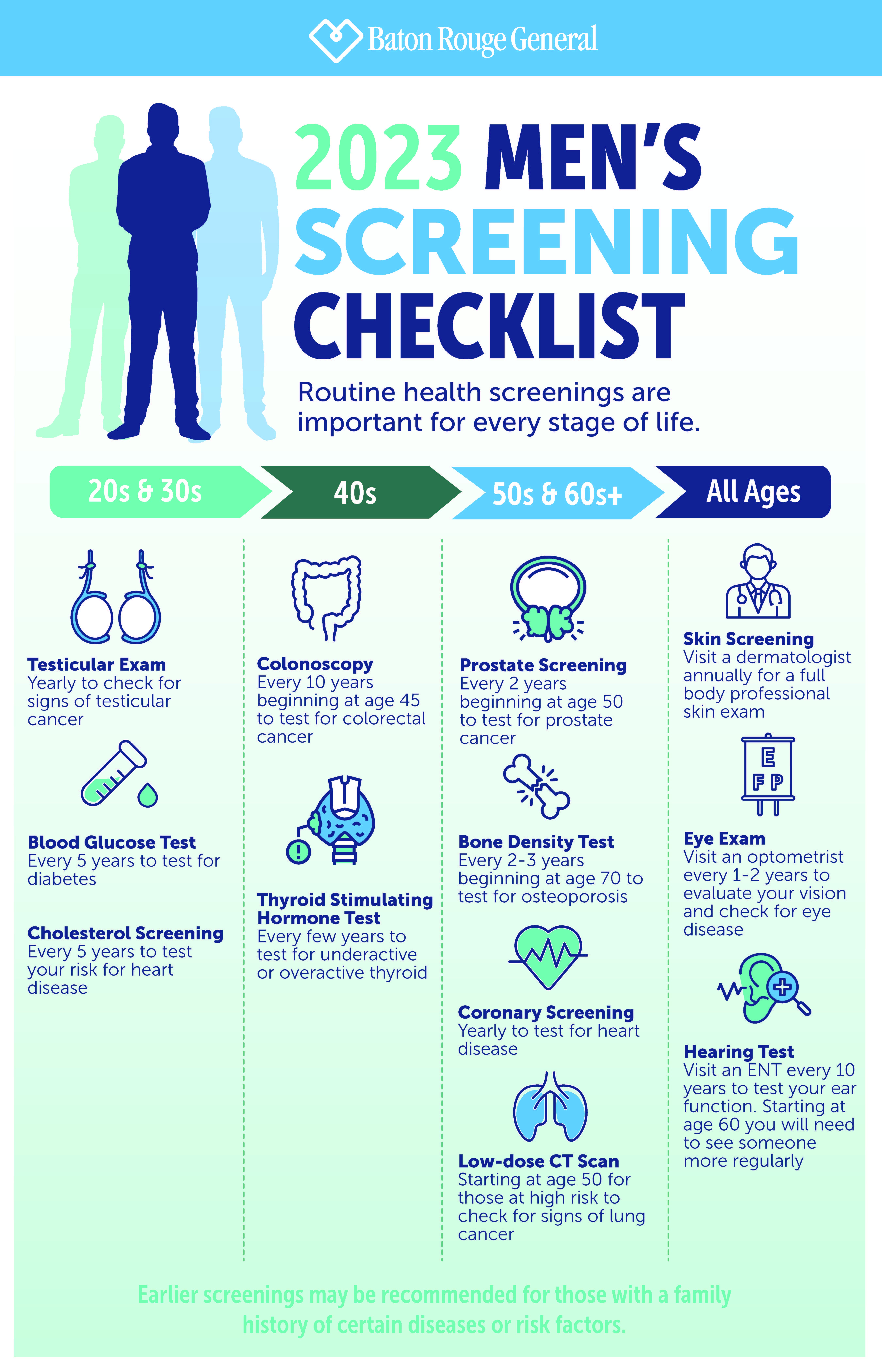
Introduction to Middle Age Health
Middle age is a time of significant change, both physically and emotionally. It’s a period when the body undergoes various transformations that can affect overall health. Factors such as lifestyle, genetics, and environmental influences play a crucial role in determining health outcomes. By understanding the importance of preventive care, you can take proactive steps to ensure a healthier future.

Essential Health Tests for Men and Women Over 45

1. Blood Pressure Screening
-
Why It Matters: High blood pressure is a significant risk factor for heart disease and stroke. Regular monitoring helps identify hypertension early, allowing for timely intervention.
-
How Often: Check your blood pressure every two years if it’s normal. If you have high blood pressure, check it annually .2.

2. Cholesterol Screening
-
Why It Matters: High cholesterol increases the risk of heart disease. Monitoring cholesterol levels helps manage this risk.
-
How Often: Men over 34 and women over 44 should have their cholesterol checked every five years. More frequent checks are recommended if you have risk factors like diabetes or heart disease .2.
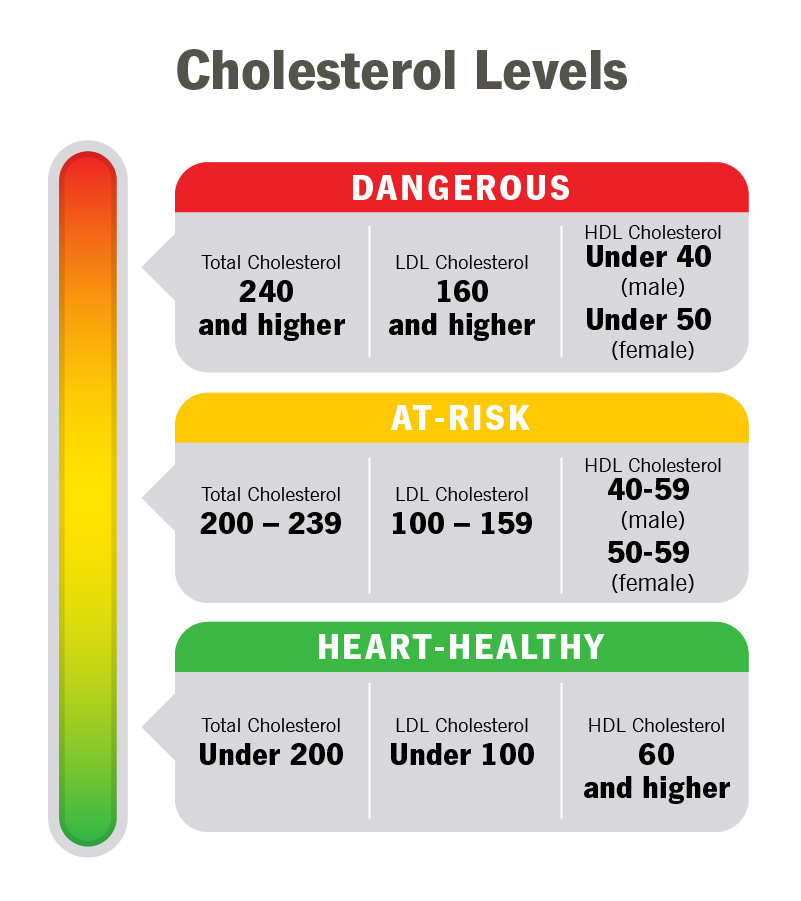
3. Colon Cancer Screening
-
Why It Matters: Colon cancer is a leading cause of cancer deaths. Early detection through screening can significantly improve survival rates.
-
How Often: Start screening at age 45. Common tests include colonoscopy, stool-based fecal occult blood tests (FOBT), and others. The frequency depends on your risk factors and test results .2 .13.
Preparing for a Colonoscopy:
-
Dietary Changes: Eat low-fiber foods a few days before the procedure.
-
Laxatives: Use as prescribed by your doctor to cleanse your bowels.
-
Hydration: Drink clear liquids like sports drinks and broths the day before .4.

4. Prostate Cancer Screening (Men)
-
Why It Matters: Prostate cancer is common among men over 45. Early detection can improve treatment outcomes.
-
How Often: Discuss screening with your doctor starting at age 50, or earlier if you have risk factors. Screening typically involves a prostate-specific antigen (PSA) blood test and a digital rectal exam (DRE) .5 .7.
5. Breast Cancer Screening (Women)
-
Why It Matters: Breast cancer is a leading cause of cancer deaths among women. Early detection through screening can improve survival rates.
-
How Often: Start mammograms at age 40. The frequency may vary based on risk factors; typically every 1-2 years .14.
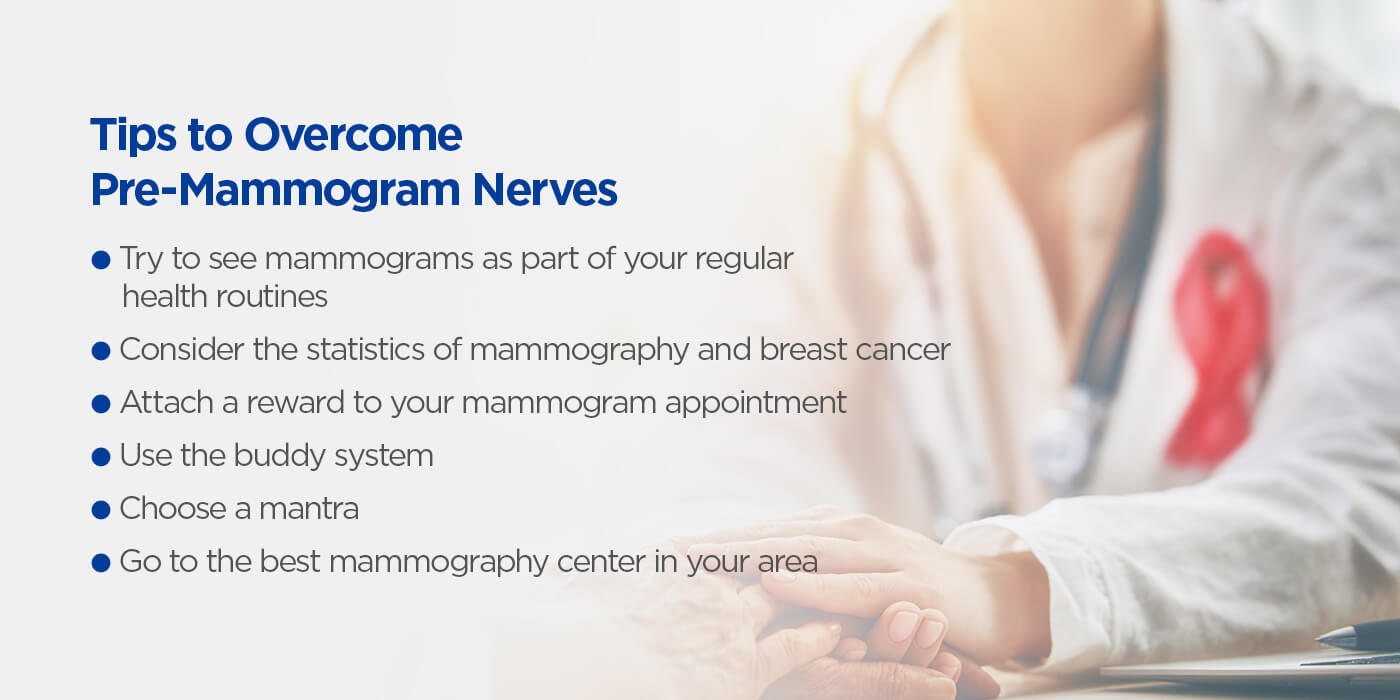
6. Osteoporosis Screening
-
Why It Matters: Osteoporosis increases the risk of fractures. Screening helps identify bone density issues early.
-
How Often: Women over 65 should be screened. Men and younger women with risk factors should discuss screening with their healthcare provider .6 .13.
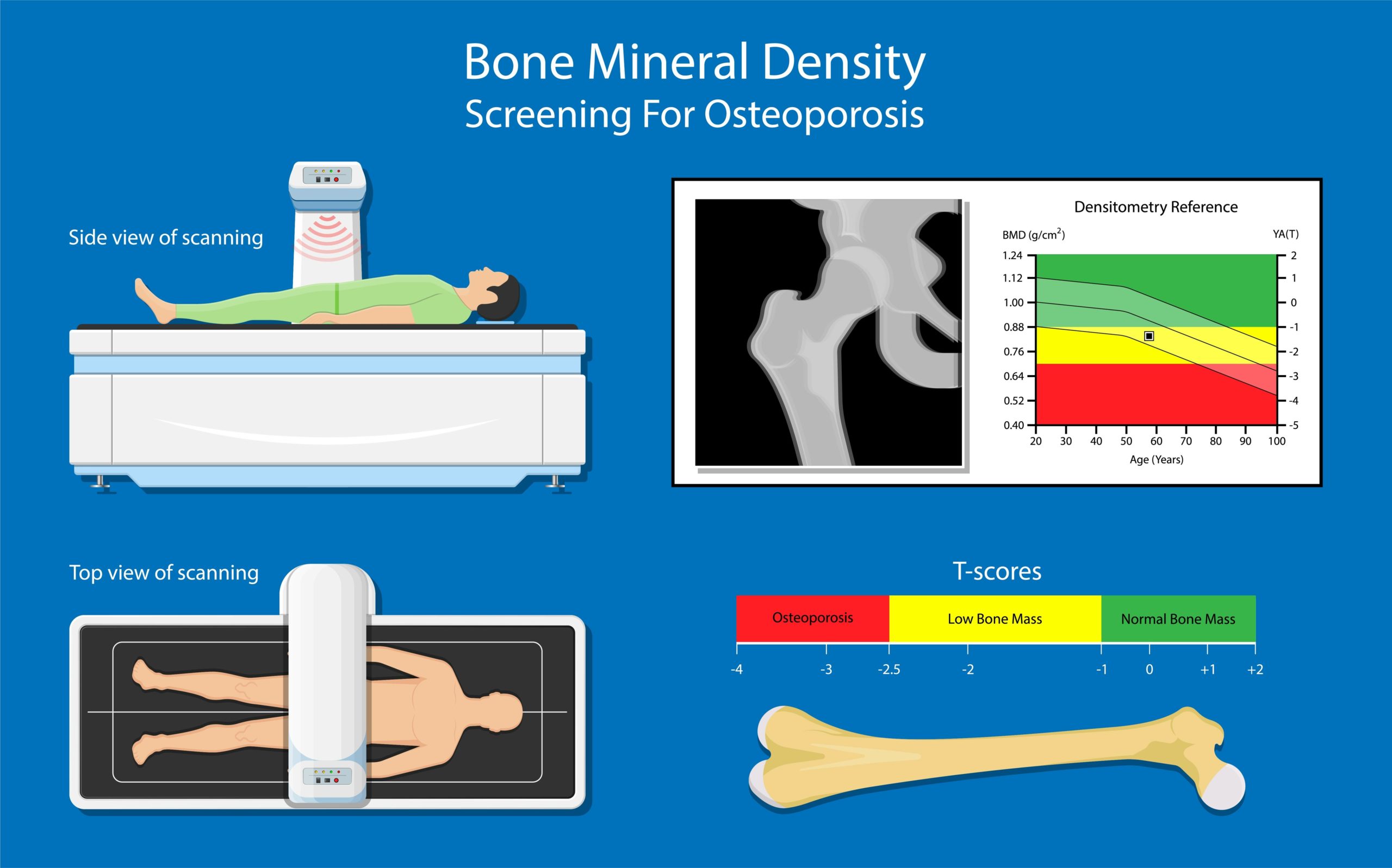
7. Eye Exams
-
Why It Matters: Regular eye exams can detect conditions like glaucoma and macular degeneration early.
-
How Often: Have an eye exam every 1-2 years, starting at age 40, or more frequently if you have vision problems .2 .14.
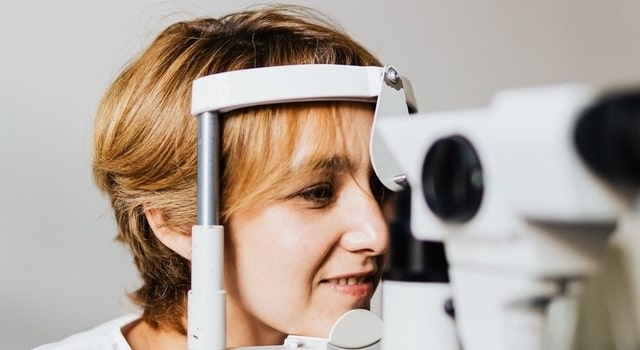
8. Dental Health
-
Why It Matters: Good oral health is linked to overall well-being.
-
How Often: Visit your dentist annually for a check-up and cleaning .2.

9. Skin Checks
-
Why It Matters: Early detection of skin cancer improves treatment outcomes.
-
How Often: Regularly check your skin for changes and consult a doctor if you notice anything unusual .14.

10. Vaccinations
-
Why It Matters: Vaccines protect against serious diseases.
-
How Often: Get a flu vaccine annually, starting at age 50. Consider pneumonia and shingles vaccines as recommended by your doctor .2.

Lifestyle Adjustments for Better Health
In addition to regular screenings, adopting a healthy lifestyle can significantly impact your well-being. Here are some practical tips:

1. Nutrition
-
Eat a Balanced Diet: Focus on whole foods like fruits, vegetables, lean proteins, and whole grains.
-
Hydrate: Drink plenty of water throughout the day.

2. Exercise
-
Regular Physical Activity: Aim for at least 150 minutes of moderate-intensity exercise or 75 minutes of vigorous-intensity exercise per week.
-
Strength Training: Incorporate strength exercises at least twice a week to maintain muscle mass.

3. Stress Management
-
Mindfulness Practices: Engage in activities like meditation or yoga to reduce stress.
-
Social Connections: Nurture relationships with family and friends.
4. Sleep
-
Quality Sleep: Aim for 7-9 hours of sleep per night to support overall health.
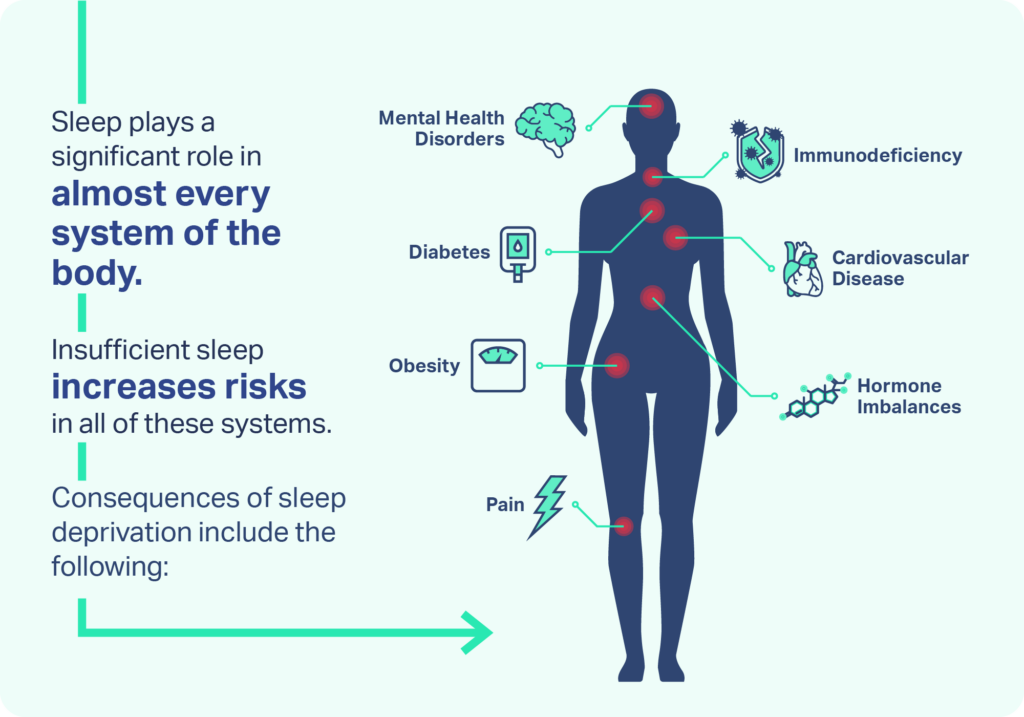
Conclusion
Middle age is a critical period for health screenings and lifestyle adjustments. By prioritizing preventive care and making informed choices about your health, you can enjoy a higher quality of life and reduce the risk of chronic diseases. Remember, early detection is key to effective treatment and improved outcomes. Stay proactive, stay informed, and take control of your health journey.

Additional Resources
For more detailed information on health screenings and lifestyle advice, consider the following resources:
-
National Institutes of Health (NIH): Offers comprehensive guides on various health topics.
-
American Cancer Society: Provides detailed information on cancer screenings and prevention.
-
American Heart Association: Offers resources on heart health and nutrition.
By leveraging these resources and staying committed to your health, you can navigate middle age with confidence and vitality.







